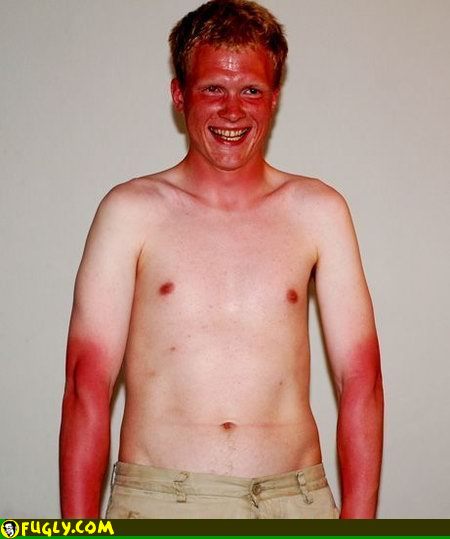TheBroonery
Well-Known Member
Today I got the idea to replace the light in my beer fridge with an incandescent blacklight. Hooked it up and it looks pretty sweet.
My queston is, Should I or the Clear Carboy of Lager in there be worried about light from a blacklight affecting the beer the way sunlight and fluorescent light do?
:fro:
My queston is, Should I or the Clear Carboy of Lager in there be worried about light from a blacklight affecting the beer the way sunlight and fluorescent light do?
:fro:





